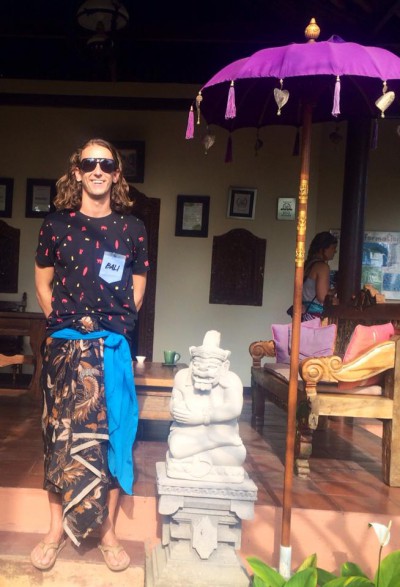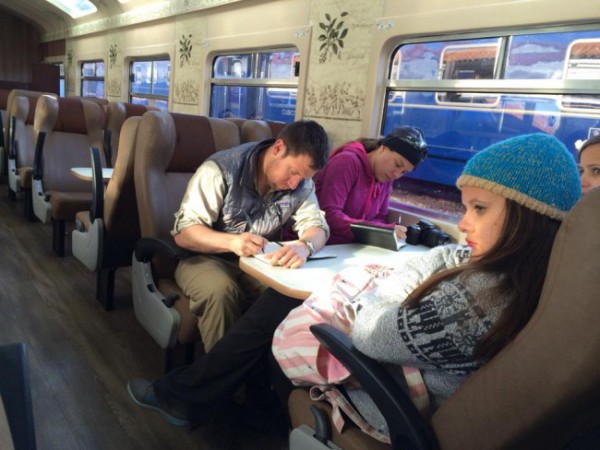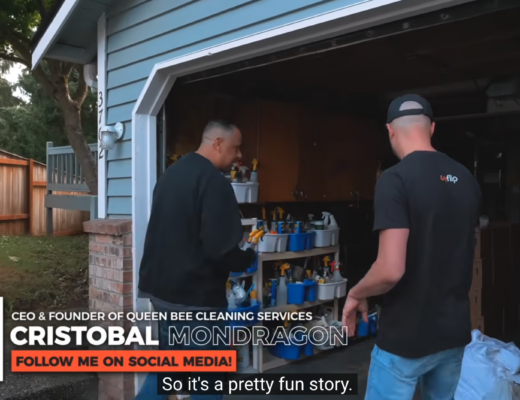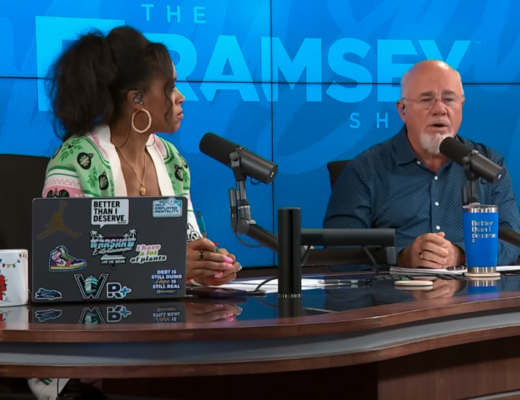I know what you’re thinking: “Oh great, another what I learned traveling the world, detached from real life” post.
At this point, we’ve heard all the cliches: “travel changes you,” “helps you seek new perspectives,” “gets you out of your comfort zone…”
But here’s the truth: For centuries, man has had incredible curiosity and desire to explore the world… and man still loves writing in moleskin travel journals.
There is something about taking the train to Machu Picchu and following in the footsteps of explorers like Hiram Bingham that makes us tick. The spark in our brains of a new environment stimulates our neurons and wakes up our senses that have grown numb from our daily routine. It’s in these situations where many people have their biggest creative breakthroughs.
Travel not only takes us out of our daily grind and gives us a chance to take a step back, but it also allows us time to be reflective and contemplative.
How good is the practice of contemplation for us?
Well, for starters, Buddhist philosophy all stems from introspection and contemplation in what’s known as the practice of vipassana. Over your head? Macklemore wrote a whole song called Vipassana.
Tibetan Buddhist Masters and western psychologists have even come together to create an entire method called contemplative psychotherapy based on mindfulness to help us look inward.
In a society where we are always connected, we are rarely connected to ourselves.
Over the past few weeks, I’ve been fortunate enough to travel to Bali, Indonesia and host two Under30Experiences groups, giving both myself and others time to step back.
To read my previous contemplations from Bali, read “Confessions of a 26 year old Entrepreneur” about my first trip, or this one about living with intention. The great thing about travel, just like taking a good look inside, every experience will teach you something new.
“All you have at the end of the day is your karma”
Something we are always sure to build into any U30X trip is leaving time in your itinerary to explore and take advantage of the randomness and spontaneity that a place has to offer.
Wouldn’t your life be better if you let go of your busy schedule to see where the wind blew you?
So there I was, walking down Hanoman Street in Ubud, just out of a Balinese massage. Renewed with energy, and walking nowhere in particular, I stepped into what looked like a pretty basic necklace shop, in hopes to pick up something for my girlfriend.
A Balinese guy named Ketut sitting on the floor with his wife invited me in and I asked him about his mala beads, which mainly look like a necklace with a tassel on the end but are what eastern religions use for meditation…
Somehow Ketut and I connected. Like enough for him to tell me his whole life story over the course of 45 minutes. Not only did he tell me about himself and his family, but also his culture, his belief system, and basically his views on the meaning of life…
Want to know the meaning of life?
Start talking to people who are completely different from you, and you’ll see just how similar we all are.
Ketut was faced with such similar challenges that we hear about everyday at home. At one point in his life he sought refuge from pain in drugs, alcohol, womanizing, and being a gangster. Then, somehow something changed for Ketut. Most likely based in his contemplative practice growing up in a traditional Balinese Hindu society, he decided to take a good look inside and saw that he was not taking care of his family, and that he’d never find happiness the way he was going.
He realized that he needed to make a change.
Ketut started meditating and selling bracelets and necklaces to support his family. The more Ketut started finding positive ways to let go of the negativity in his life, the better Ketut’s life became. Here I was, on the other side of the world, hearing a Balinese guy tell me how he used to be a gangster, and then decided to find a new path and start a business to take care of his kids… pretty wild.
Ketut went on to tell me all about his culture, his spiritual practice, and of course that he also does airport pickups and homestay visits if I ever needed it. He even invited me to his home to meditate at his temple…
But what really struck me was how Ketut said his business was not only something that exists to take care of his family, but how he now strives to make positive impact on the people around him. Ketut sees the mala beads he makes as a tool for others to meditate and be more contemplative. He sees himself as a messenger and a mediator for those who are actively seeking greater meaning in their lives.
One of the things I’ll remember forever about this conversation with Ketut is the emphasis that he put on the following:
At the end of the day, we can’t bring money with us, all we have is our karma.
In Bali they believe in reincarnation and that your luck in your next life will depend on what you do in this one. Whether you believe in the afterlife or not, what is important is:
-Constantly taking a step back, and asking ourselves why we do our day to day activities, and what bearing they will have at the end of our time on the planet.
-Living everyday with intention, with the end in mind, instead of just going through the motions.
But, I bet you knew that already.
Here’s the thing: even though we all “know” these things, do we put them into practice everyday?
Unless we constantly re-evaluate ourselves, develop a contemplative practice, and consistently take a look inside, we are just going to do things because that’s what our ego tells us to do…
Everyone “knows” all that matters in life is friends and family and making impact on others, but how often do we think about our legacy and what people will say at our funeral?
Without making a habit of taking a look at our lives from a detached, outsiders perspective, there is no way to keep ourselves on track with what’s really important.
How do you reflect, contemplate, or take a step back? Please share your habits below in the comments so others can learn from them.
Matt Wilson is Adventurer in Residence at the travel company Under30Experiences. Come to Bali next year for a trip of a lifetime.






